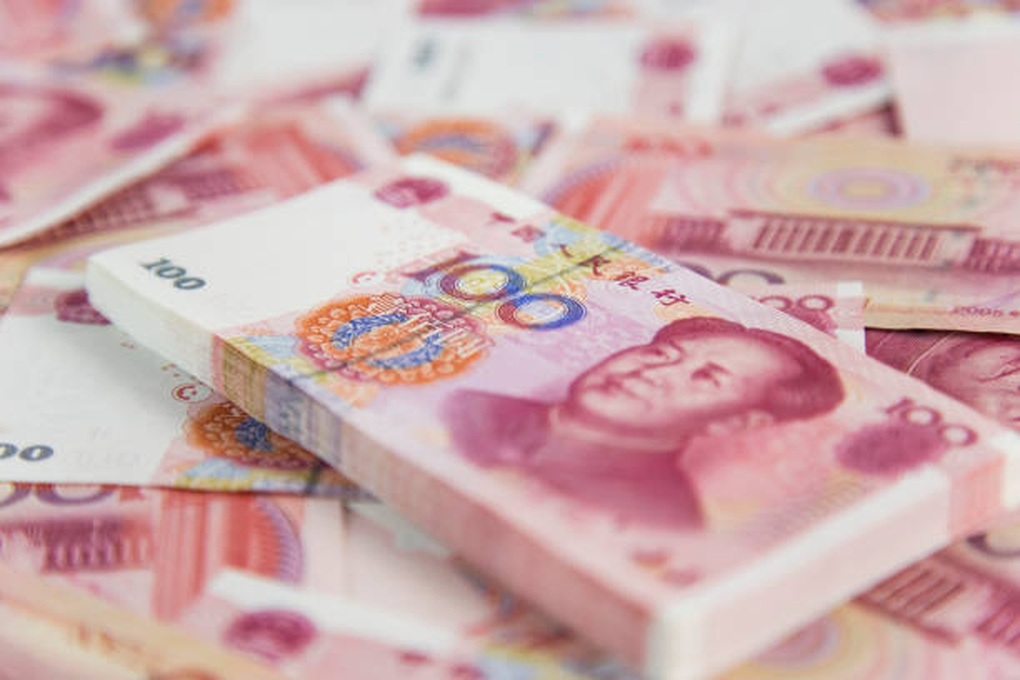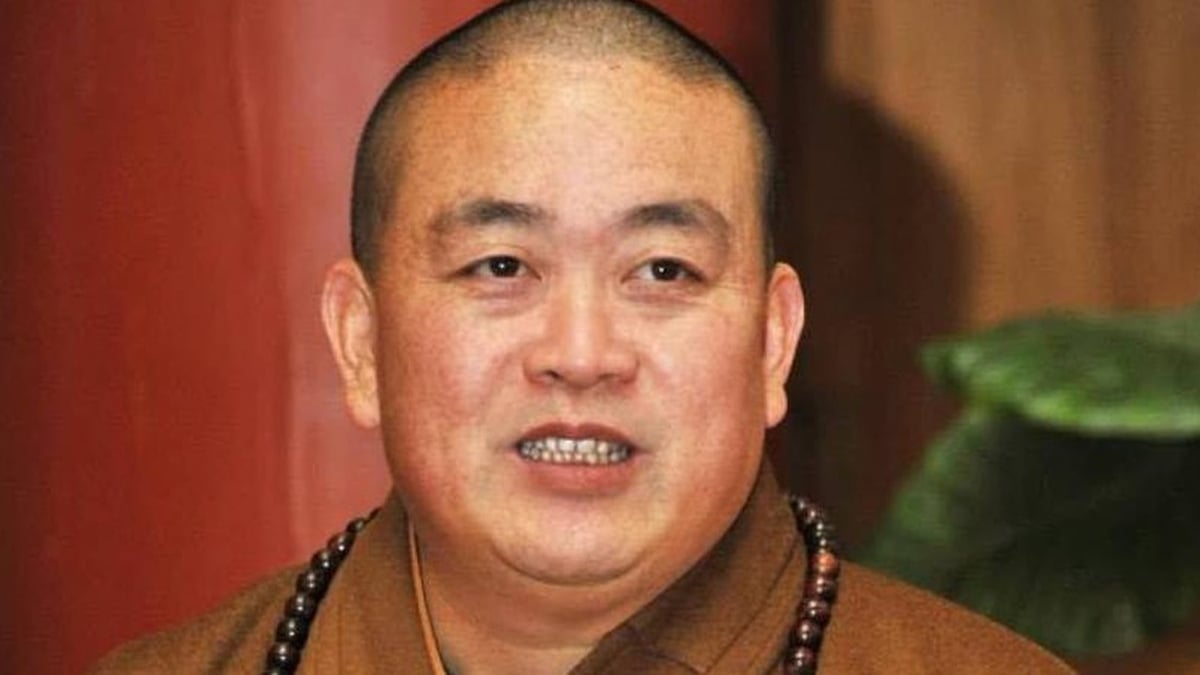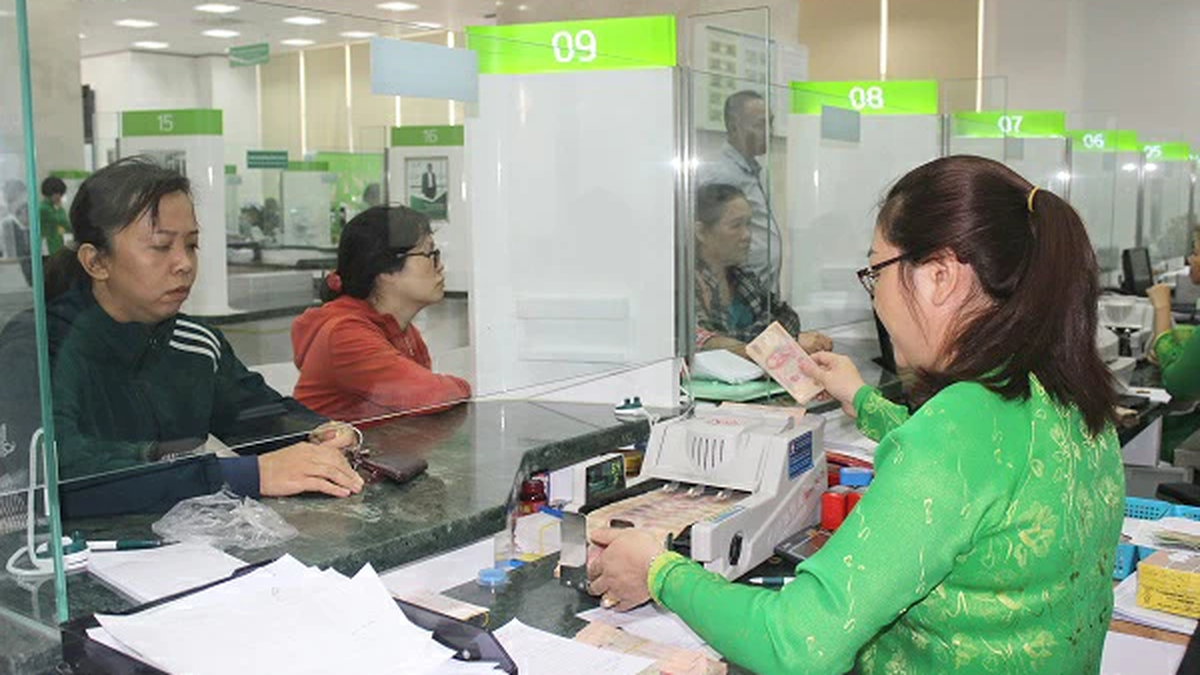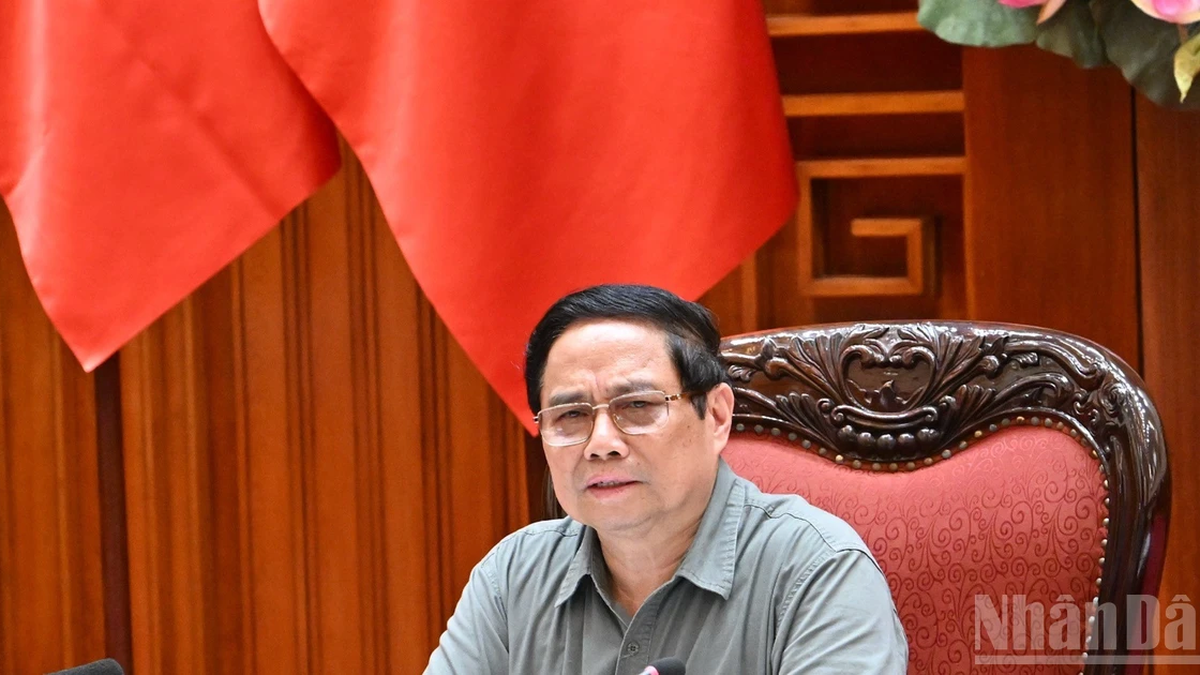Specifically, the People's Bank of China (PBoC) has injected a large amount of cash into the financial system to prevent the increasingly strong sell-off of government bonds.
Specifically, according to Bloomberg, the PBoC injected 601.8 billion yuan (about 2.2 million billion VND) of short-term cash through reverse repo contracts into the financial market. A reverse repo contract is the purchase of assets with an agreement to sell them at a higher price on a specific date in the future.
Chinese government bond yields fell after rising for seven straight days, while bond futures with similar maturities halted their longest losing streak in more than two years.
The recent decline in long-term government bonds has raised concerns among Chinese officials about the risk of widespread losses amid a tariff truce with the United States and Beijing’s efforts to end deflation. Yields on long-term Chinese government bonds have surged in recent days.
Analysts at Huatai Securities warned that the market could come under increasing pressure as funds begin to withdraw money. The massive outflows from clients will force fund managers to sell more bonds.

Chinese Yuan (Photo: iStock).
To stop this cycle, the PBoC needs to inject liquidity through open market operations, buy bonds or slow the rally in stocks, experts say.
There are some signs that the sell-off may be accelerating, with Huatai Securities, China’s largest brokerage, reporting that domestic funds pulled a net 120 billion yuan from the bond market in three consecutive sessions through July 24.
China's Ministry of Finance also sold special 30-year government bonds with an average yield of 1.97% on July 24, the highest since March.
Mr. Lynn Song, economist at ING Bank, commented that in the context of capital flows from bonds to stocks, it is reasonable for the PBoC to maintain abundant liquidity to limit credit risks.
At the end of April, the PBOC also announced an additional injection of 600 billion yuan into commercial banks, through the one-year medium-term lending facility (MLF).
The MLF was introduced by the PBOC in 2014 to help policy banks and commercial banks maintain liquidity. Banks will be able to use securities as collateral to borrow from the central bank. Investors are closely watching the moves by Chinese authorities to ease the impact of US import tariffs.
Chinese officials have set a growth target of around 5% this year, an ambitious pace considering the country faces a host of challenges. The Politburo is scheduled to meet this month, and one of the issues likely to be discussed is policies to help businesses shift to the domestic market.
Source: https://dantri.com.vn/kinh-doanh/trung-quoc-bat-ngo-bom-tien-ky-luc-vao-nen-kinh-te-bao-hieu-dieu-gi-20250725231803661.htm



































































































Comment (0)